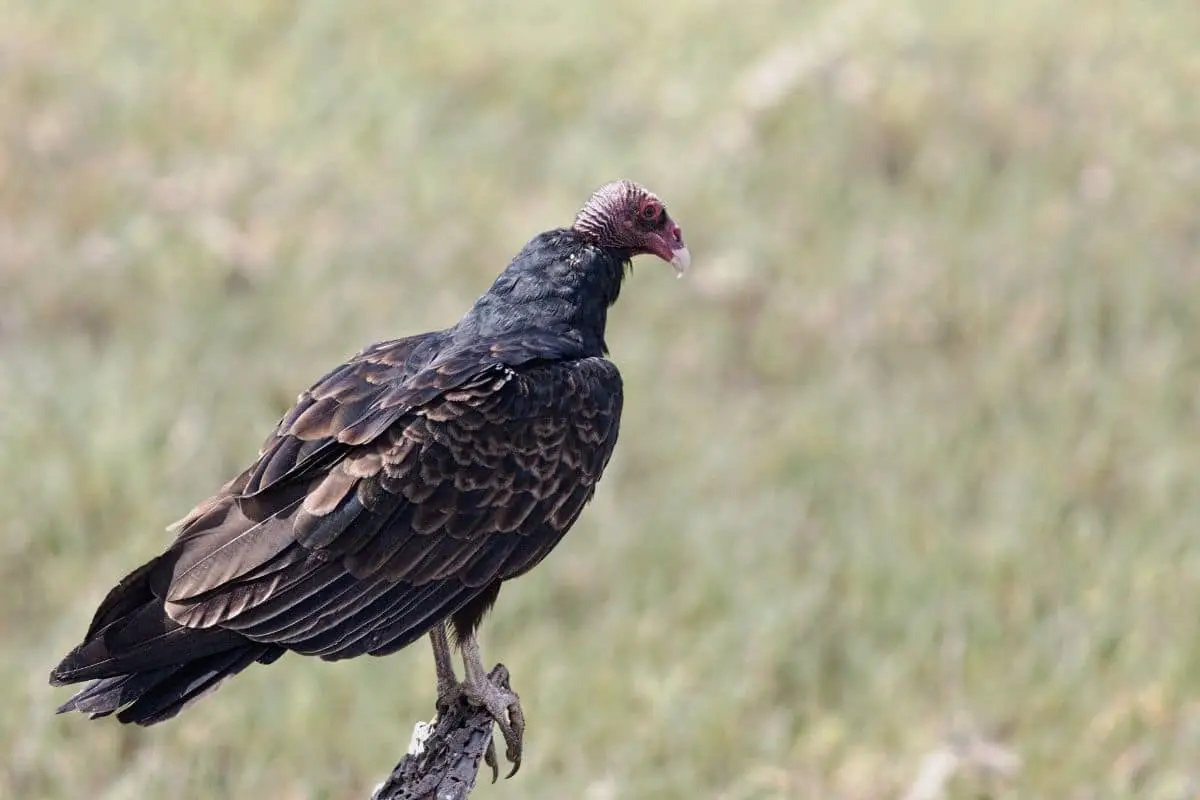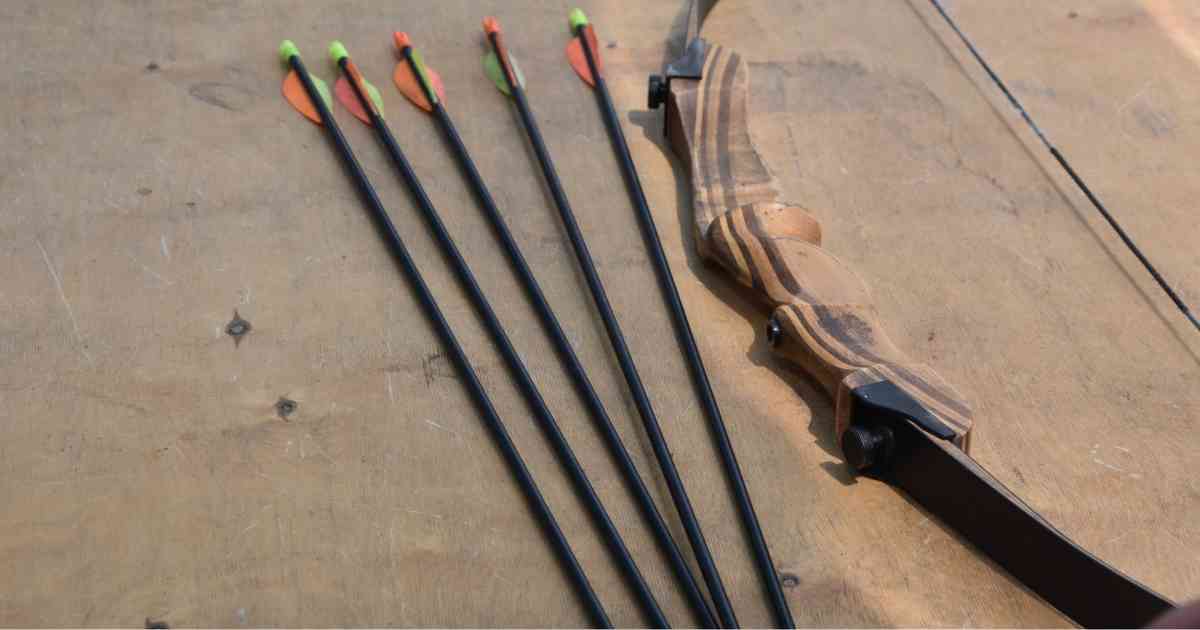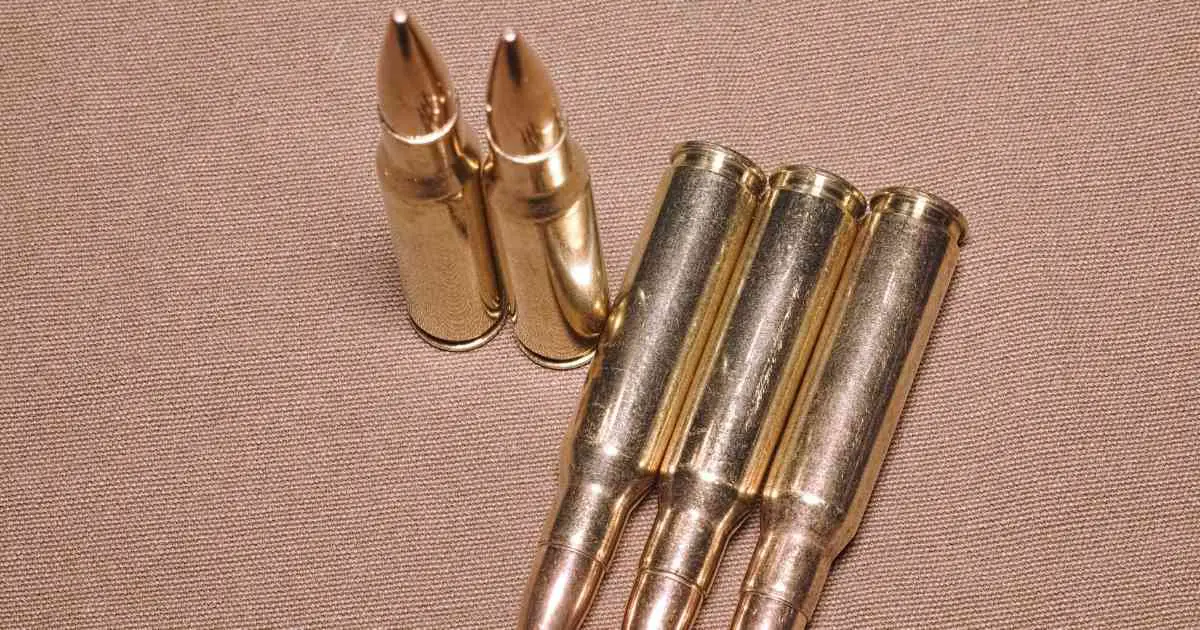If you’re planning to go evening turkey hunting then you’ll need to know the top tips for being successful, otherwise it can be rather challenging.
Typically the best time to go turkey hunting is during the early morning or mid-morning, but you can be just as successful if you go evening hunting as long as you know what to look for. That’s because a turkey’s evening routine is different from their daytime routine.
Therefore you’ll need to use slightly different tactics from day hunting, which include keeping mobile and on the move, intercepting them on their way home to the roost, and being patient.
How to Have a Successful Evening Turkey Hunting
There are many tips and bits of advice that you can glean from expert turkey hunters. These can help you to be prepared for your turkey hunt, to know what gear to take along, and to be successful in shooting a wild bird.
Knowing where to look for turkeys is a big part of being successful in the hunt. Knowing the difference between looking along the road or searching for their travel nest or the turkey roost can make the difference between eating a feast or going hungry.
Some of the best ways to ensure that your evening turkey hunting trip goes as planned includes finding the roost, using a decoy setup, knowing the best turkey hunting hours, and being patient.
Keep reading below for more detailed information about how to catch a turkey during the evening.
1.) Keep Moving
In the evenings, turkeys travel pretty far and are constantly moving as they search for hens, food, and water. That’s why the best tip to catch an evening gobbler is to keep mobile and cover lots of ground until you find some turkeys.
While you’re moving you can occasionally call to see if you get any responses, but before you start calling you need to be ready for them if they come. If there’s no response after a few minutes then keep moving and repeating this pattern.
2.) Locate The Roost
One of the best tactics to catch a late day gobbler is to locate the roost. Finding their exact roosting trees is a big advantage to any turkey hunter as you can then plan your decoy setup near the roost.
It’s a good idea to use a GPS device to pinpoint the roost, so that if you go off in search of turkeys on their way home, that you remember where they’re headed.
3.) Intercept Turkeys on Their Way Home to Roost
In the evenings turkeys go to roost in trees like oaks, pecans, and pines. If you’re able to figure out where their roost is, then you can try to intercept them on their way home in the early evening.
One thing to keep in mind is that turkeys usually roost in the same place every night, so locating the roost is a way to ensure the perfect evening interception. If you know where they usually go in the mornings, then you’ll have an idea of what direction they’ll be coming home from.
4.) Don’t Call too Often
Turkeys are well known to make gobbling noises. That’s why they’re often referred to as ‘gobblers’. Turkeys generally gobble quite a lot during the day, but not so much at night.
Most hunters will use turkey gobbling calls to attract turkeys (particularly the adult male toms), but if you try this in the evening the turkeys can be suspicious as it’s not as common. That’s why it’s best to leave calls to a minimum in the evening. It can cause turkeys to keep their distance from you otherwise.
Another trick is to use an owl or crow call because turkeys often respond to those with some gobbles. This can be a much better way of locating turkeys in the evening when nocturnal birds like owls are awake. Some hunters also use coyote howler calls and peacock calls.
It’s useful to know that toms and jakes usually travel in small groups of around 2 to 4 birds, while the female hens usually travel in larger flocks of up to 15 birds.
Most hunters like to carry a variety of calls, as some birds will have a specific preference.
5.) Don’t Give Up
They say patience is a virtue. Well, that’s particularly true when it comes to evening turkey hunting. Patience and perseverance are necessary hunting skills because turkeys have wide ranges and can travel fast. They can also be frightened easily.
That means you’ll need to be strategic in terms of trying to find the roost, and also by covering lots of ground. It could take several hours before you locate some turkeys, so don’t give up. If you’re waiting at the roost, then just before they fly up into the trees is a good time to try some calls and see if a turkey comes to inspect.
If they’re still not in range when they go to roost, then you may have to wait overnight until they leave the roost in the morning to make your shot. If you do decide to give up during the night, make sure that when you get up to leave you’re ready to get a shot off if you do happen to spot one.
6.) Use a Decoy
The evening is a challenging time of day to hunt turkeys, so you’ll want to use all the tricks in the book to help you. That includes making use of turkey decoys, which are essentially models of birds that are used to lure toms.
Decoys help to attract the turkey’s attention to an area away from where you are, which makes it easier to be stealthy and to get a shot off when they’re in range.
In terms of positioning your decoys, it’s best to place them a little distance away from you so that the turkey needs to walk past you to get to the decoy. Beware that decoys can injure you if they’re positioned incorrectly, so take care.

7.) Take Advantage of The Landscape
You can use the landscape or natural topography to your advantage when hunting turkeys. Bushes, trees, mountains and ridges can all provide opportunities to guide turkeys in a particular direction.
Turkeys like to keep close to sources of water like rivers and streams, so looking for them near these features is key to successful nighttime turkey hunting. Knowing what types of areas turkeys like to spend time in, like thick bushes, also helps you to predict their movements better.
To cover as much ground as possible, you may want to also stick to roads using your vehicle or on foot as they allow you to travel faster.
8.) Get Close
It’s always best to get up close to a turkey before you start your calls, so if you see one in the distance try to get as close as you can before calling.
9.) Stay Camouflaged
An important rule for turkey hunting is to stay hidden and camouflaged amongst your surroundings. You should avoid wearing any bright colors, especially red, blue, and white which are the coolers of the tom’s head and snood – you wouldn’t want another hunter to accidentally shoot you after all.
Best Time of Day to Go Turkey Hunting
Most people who are new to turkey hunting are keen to know what’s the best time of day for hunting turkeys. Firstly, you’ll need to check the legal hunting hours. There could be certain days or times that are off-limits.
Turkey hunting often relies on hearing the gobble noises that they make, and most turkeys tend to gobble most in the afternoons or mornings. This can, of course, vary somewhat from area to area.
Hunting Times
Morning hunts can be great, especially if you know where the birds are roosting. That’s because as soon as they fly down from the roost, you can try and get a shot off.
Mid-morning turkey hunts can be a popular time of day to hunt because turkeys are usually separated from the hens during this time, making it easier to lure them in.
Late morning and midday hunts are great because that’s when gobblers are often looking for a hen and when they’re usually alone. That means they’re more likely to be attracted to your calls in search of a mate.
An afternoon hunt is also a popular option for getting an afternoon gobbler, because that’s often when the longbeards are in search of a hen to spend the night with. It’s also the time of day when these wild birds tend to call the most.
Evening turkey hunting also has its benefits. It’s the time of day when they go home to roost and if you can locate the roost then you stand a good chance of being able to intercept them on their way home.
When Turkeys Roost in The Evening
If you’re planning to go evening turkey hunting, then you’ll need to be aware of when they like to roost in the evenings. Depending on the seasons, that’s typically between around 6pm and 8pm.
Knowing when turkeys roost helps you to strategize where the best place is to intercept them on the way to the roost or when to set yourself up with a decoy near the roost.
That’s also why it’s so important that you try to locate the roost, so you know which area to focus on. Keep in mind that if you disturb them in their roosts, that they may then move out of the area so it’s better to try and kill them on their way to the roost.
Best Season and Weather For Hunting Turkey
The best season to hunt wild turkeys will depend on what state you’re in, as each state has different weather conditions that affect turkey’s movements.
However, the general rule is that the early spring season until late fall is the best time to go turkey hunting. Turkeys are usually more active when the temperatures are milder, which makes hot summers and cold winters less of a good time for hunting.
In terms of the best weather conditions for hunting turkeys, they usually are more active and vocal when it’s calm and clear and not too hot or cold. It’s also not the best idea to hunt turkeys on days when there’s lots of wind, as you might not be able to hear their gobbles and soft yelps.
Be sure to check the state laws about which season you can hunt turkeys in and whether you’re allowed to hunt before sunrise or after sunset. Every state has its own rules depending on the species and will also set a bag limit. In some states you may also need a licence to hunt.
The Best Gear For Hunting Turkeys in the Dark
You’ll want to be fully prepared when you go hunting. That includes having the right gun, vest, shoes, and accessories like decoys and calls.
Because turkey’s have great eyesight, hunters typically wear camouflage gear or dark colors that won’t give their position away; and because they can sense even slight movements, most hunters also cover their hands, necks, and faces so as to not be spotted.
Some hunters like to use shotguns, while others will use a bow and arrow. If you’re using a gun, then you may want to consider buying a special turkey choke tube. You may also find it useful to have a device that can plot the GPS of the roost, so you can check back there in the early evening to try and intercept turkeys before they roost.
Having a camouflaged vest with lots of different pockets for extra ammo, calls, a radio, a GPS, and other items is also very handy. You should try and get shooting glasses and ear protection if you’re going to be using a gun.
Hunting game birds like turkeys also means you’ll be out in nature and susceptible to being bitten by all sorts of bugs. That’s why it’s good to go prepared with some bug spray and insect repellant.
Final Thoughts
Wild birds like turkeys are popular bearded birds to hunt. It’s important that you develop your turkey hunting strategies and take advice from experienced hunters about the best hunting tactics.
If you’re hunting turkeys in the evening, you’ll need to get within gun range which means you’ll ideally need to know their travel routes and the location of the turkey roosts.
Hopefully these top tips for evening turkey hunting will make your hunt for wild turkeys easier!









